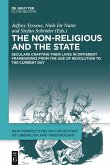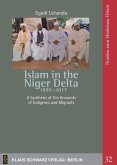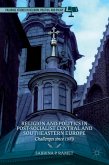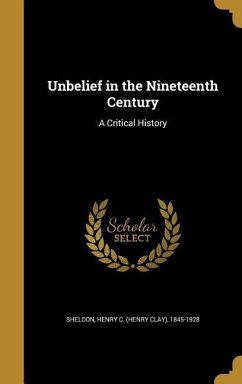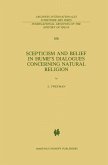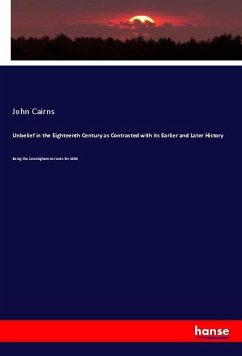The book re-examines the religious thought and receptions of the Syrian poet Abu l-Ala al-Maarri (d.1057) and one of his best known works - Luzum ma la yalzam (The Self-Imposed Unnecessity), a collection of poems, which, although widely studied, needs a thorough re-evaluation regarding matters of (un)belief. Given the contradictory nature of al-Maarri's oeuvre and Luzum in particular, there have been two major trends in assessing al-Maarri's religious thought in modern scholarship. One presented al-Maarri as an unbeliever and a freethinker arguing that through contradictions, he practiced taqiya, i.e., dissimulation in order to avoid persecution. The other, often apologetically, presented al-Maarri as a sincere Muslim. This study proposes that the notion of ambivalence is a more appropriate analytical tool to apply to the reading of Luzum, specifically in matters of belief. This ambivalence is directly conditioned by the historical and intellectual circumstances al-Maarri lived in and he intentionally left it unsolved and intense as a robust stance against claims of certainty. Going beyond reductive interpretations, the notion of ambivalence allows for an integrative paradigm in dealing with contradictions and dissonance.
Hinweis: Dieser Artikel kann nur an eine deutsche Lieferadresse ausgeliefert werden.
Hinweis: Dieser Artikel kann nur an eine deutsche Lieferadresse ausgeliefert werden.


